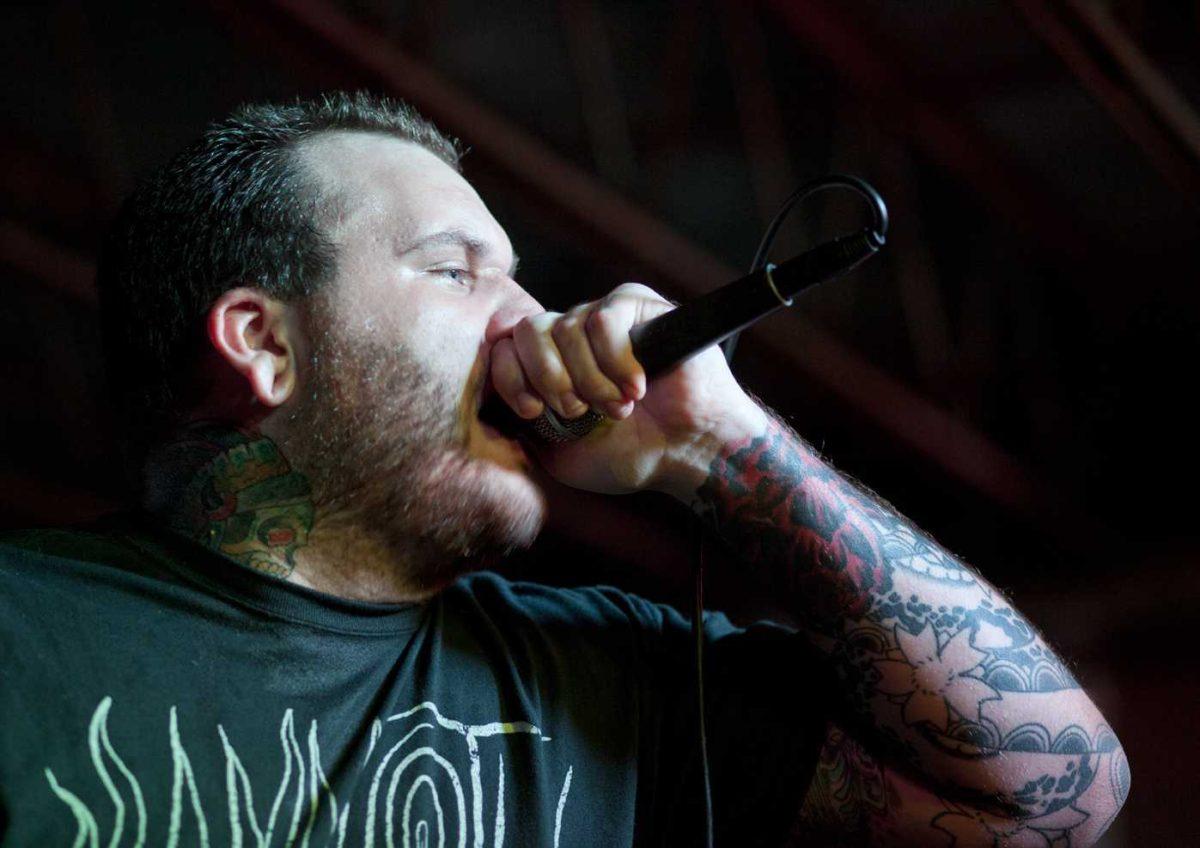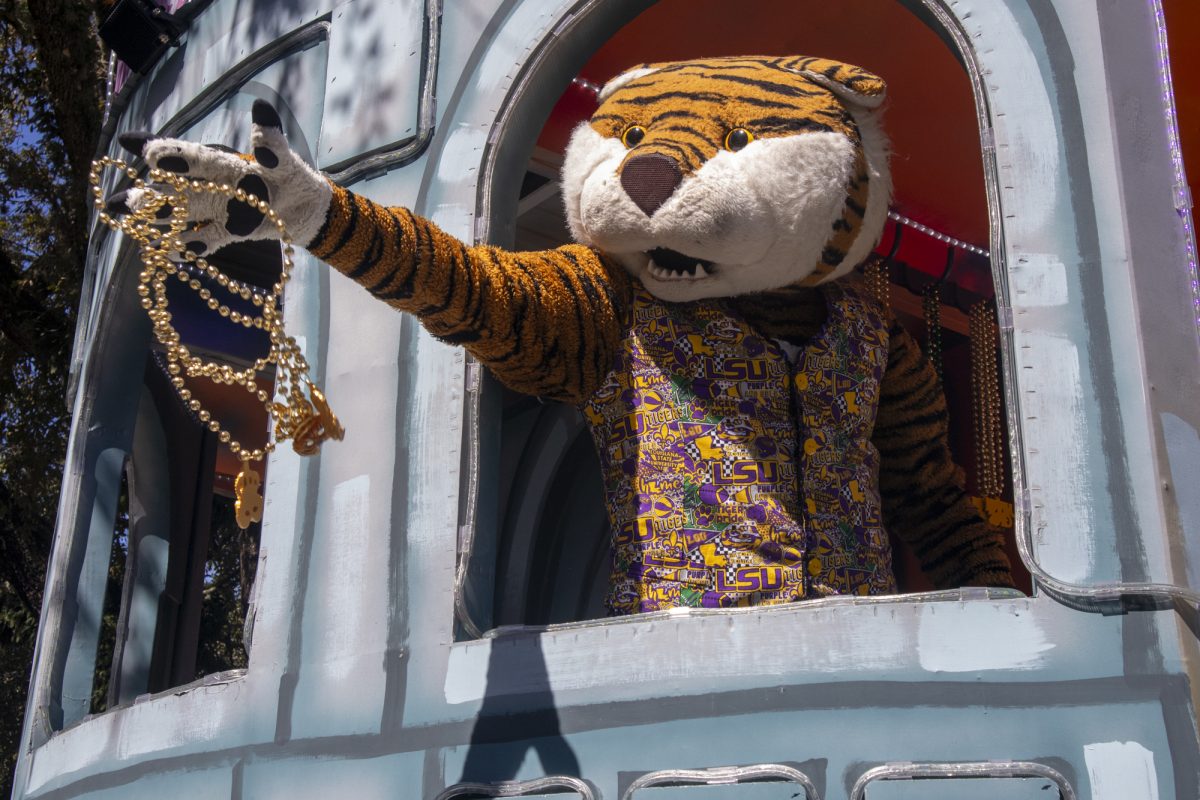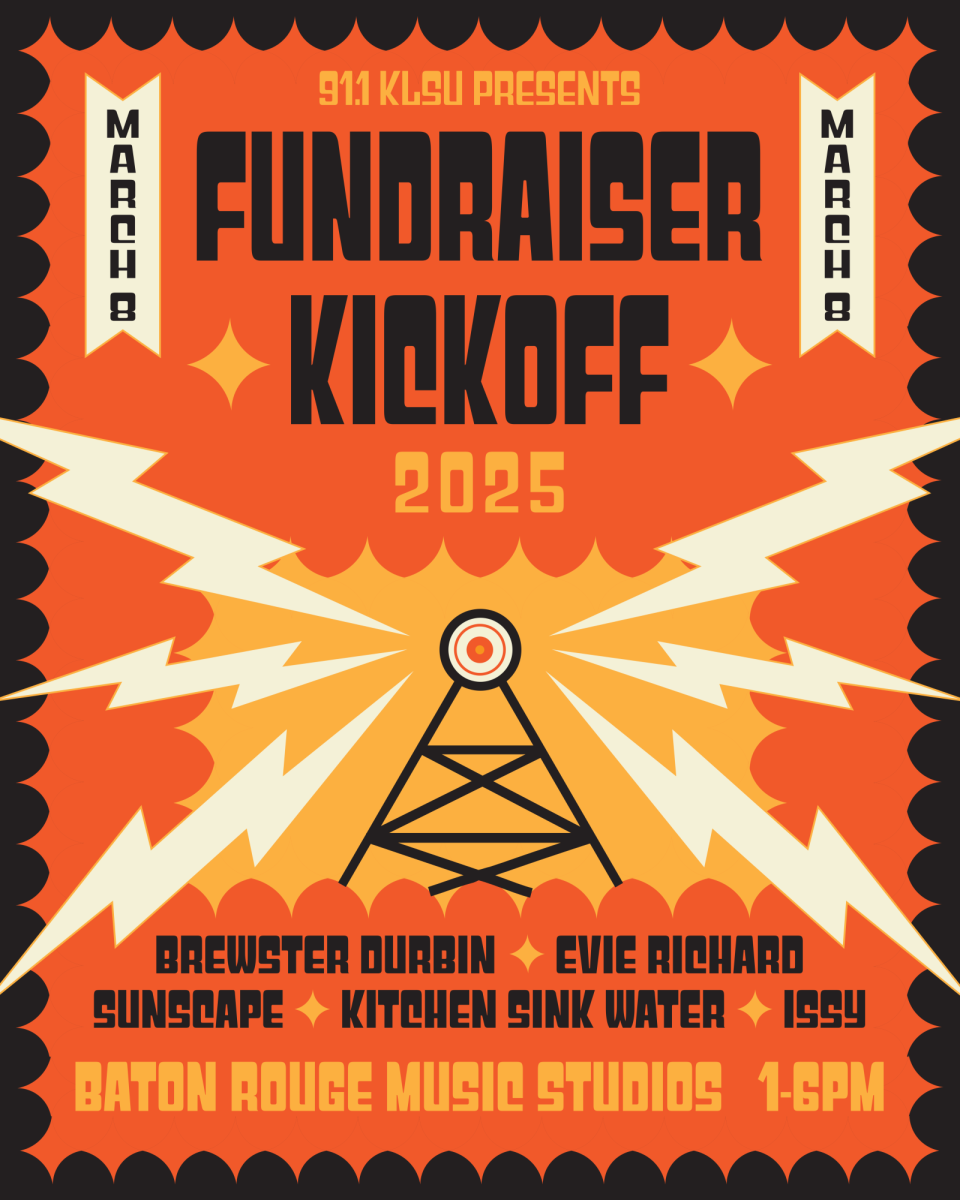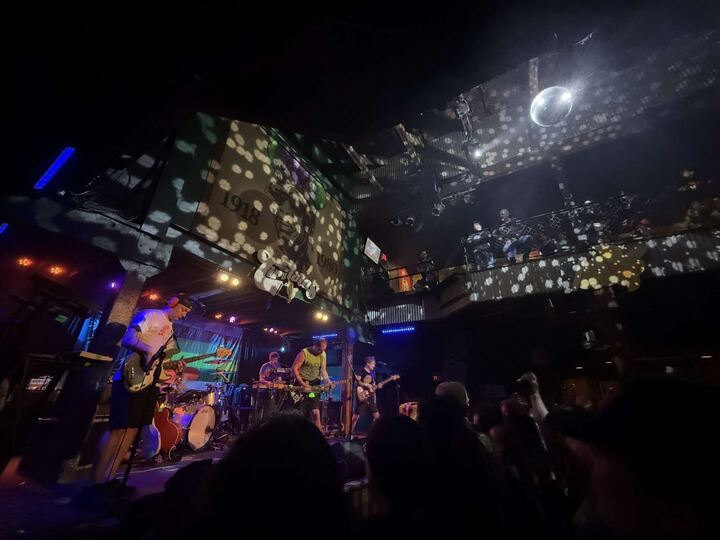When asked to characterize a typical Christian band, most people will describe their church choir or a melodic, soft-sounding band on their local Christian radio stations, but today’s youth has begun exploring different genres, including hardcore music, to express their faith.
Harcore punk, or better known simply as hardcore, is a genre of punk that originated in the late 1970s but became faster and heavier over time. Several sub-genres have emerged from hardcore including the Christian hardcore movement.
A number of local bands in the hardcore scene play shows at venues including the Spanish Moon, Clicks and the Here Today, Gone Tomorrow thrift store on Burbank Drive.
Wake Into the Nightmare, a local hardcore band, has repped their scene and city for several years. Members sat down with LEGACY magazine staff writer Kate Mabry to discuss the band’s faith, image and music.
HOW AND WHEN DID THE BAND’S LYRICS GEAR TOWARD RELIGION?
The band formed as a trio in 2005 with current members Jack Saia and Trent Hebert. But in 2006, the band’s vocalist, Jacob White, died unexpectedly, and the direction of the band’s future was uncertain.
Michael Fravel, a Baton Rouge native and friend of the band members, stepped up to become the band’s second vocalist, but under Fravel, the band underwent dramatic changes. While the band’s sound changed from metal to hardcore, Fravel also brought religion to the forefront.
But in 2008, Fravel chose to leave the band and surrendered the position of vocalist to Garrett Saia, Jack’s brother.
SO HOW WAS YOUR FIRST SHOW AS VOCALIST?
At Garrett’s first show with WITN in 2008, the band played at The Darkroom’s Battle of the Bands against New Orleans-based group The Vettes and won.
As a reward for winning the contest, Wake Into the Nightmare was scheduled to play a show with Paramore in Pensacola, Fla., but the show was canceled when Hurricane Gustav hit the Gulf Coast.
In addition to shows at the HTGT thrift store, WITN has played at other venues in Baton Rouge, New Orleans, Shreveport and Houston, and at several house shows and skate parks.
HOW DO YOU TRANSLATE YOUR FAITH INTO YOUR MUSIC?
While internationally-famous Christian bands, such as Terror and August Burns Red, shout their praises on stage, Garrett said he won’t preach on stage. Instead, he writes about his beliefs in his lyrics. In their song “Draw the Line,” for example, the lyrics read, “Everybody, its our time to stand up for one last time. A dirty world is what its become. I’m waiting on the day my Savior will come!”
Garrett said the younger fans at shows are often interested in forming a relationship with God but aren’t presented with an opportunity to learn more about Christianity.
“You’re telling kids something you know about that they wouldn’t hear about anywhere else,” Garrett said. “They want to follow in others’ footsteps.”
HOW DID YOUR FAITH DEVELOP AS VOCALIST OF WITN?
In 2008, Fravel and Garrett, who often attended church services together, went on a trip together to Cornerstone Festival, a seven-day Christian music festival in Illinois. Garrett credited the festival in aiding in the development of his faith.
“The day started with worship at 11 a.m., and [Christian] bands played from noon to midnight,” Garrett said. “Ever since I went there, my faith became stronger.”
Garrett said Sleeping Giant, of California, was one of the bands that swayed him the most.
“Sleeping Giant has been around a long time,” he said. “They mean everything they say as far as religion.”
Following the festival, Garrett said he returned home inspired to keep up with his music and faith.
HOW DO PEOPLE RESPOND WHEN YOU MENTION YOUR FAITH?
“No one really gives me crap for my beliefs,” Garrett said. “If they do, I ignore it. There’s so many things in my life that have happened that they can’t all be a coincidence.”
WHERE DO YOU WORSHIP? IS THERE ANY CONNECTION BETWEEN WORSHIP AND THE HARDCORE CULTURE?
While some feel that ordinary churches may not be as accepting to those from the hardcore scene, Garrett said Healing Place Church on Highland Road has served as a welcoming place to worship with his friends and bandmates.
“HPC caters to people like us who have tattoos,” Garrett said. “They don’t judge you for who you are; it’s the only church that doesn’t judge me.”
Chris Tumilia, second year intern at Healing Place Church, said much of the hardcore scene is “plugged into HPC.”
“We [at Healing Place] try our hardest to represent who Jesus is, and Jesus doesn’t judge,” he said. “We really try to be the open arms of God to everyone.”
During the Sunday morning service at the Highland Road church, the day begins with a 15-minute worship set, two quick songs and a third slower song.
But music at Healing Place is much different than music played at other churches.Tumilia said it focuses on playing contemporary music including guitars, drums and eight to nine singers.
“Worship is music, and the Bible tells you to play music to God and make a joyful noise,” he said. “You’re praising him and honoring him even in the lowest times.”
Tumilia, who has attended hardcore shows for about eight years, said hardcore music encourages listeners to “be open” about their thoughts and beliefs.
“There are definitely a lot of Christian bands that are bringing light to dark places and bringing Jesus where he needs to be,” he said. “You see a lot more Christian bands in the [hardcore] scene than in other types of music.”
While Healing Place opened its arms for anyone interested in worshipping and enjoying live music, the addition of a new music venue gave local hardcore bands a setting to host their shows.
In 2010, the Here Today Gone Tomorrow thrift store opened a venue in the building and gave a new place for local bands to play.
That summer, WITN played at the thrift store’s first hardcore show, which attracted about 250 people.
“We didn’t have anything [for our scene], and now that we do, no one wants it to shut down,” Garrett said about the thrift store. “Now that the thrift store is open, they’re going to give all bands a chance to play, no matter how good or bad they are.”
While Wake Into the Nightmare began as a pastime for a group of young Baton Rouge kids, the open arms of a local church and venue welcomed them into the community and helped them to grow into one of the best-known Christian hardcore bands in the city.







